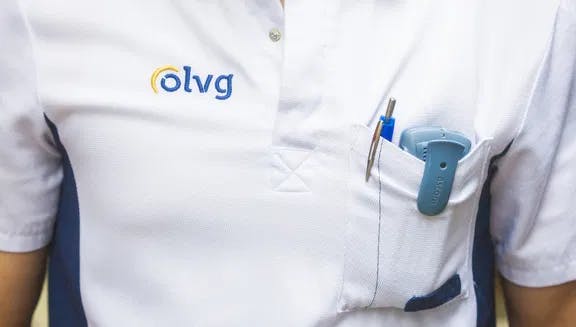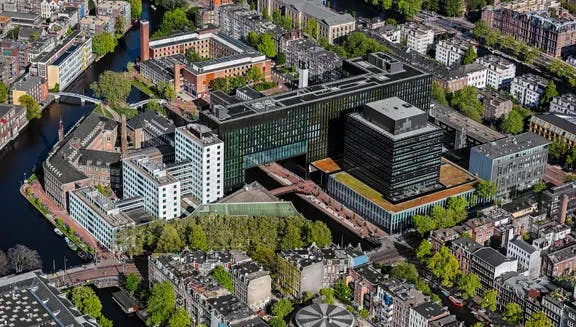
The Netherlands' leading global anti-cancer innovations
Dutch healthcare leading the way with life-saving technologies
The Netherlands, propelled by significant contributions from Philips, secured fifth place in the EU and tenth worldwide for patents related to anti-cancer innovations. Philips, a major global applicant, accounted for over half (55%) of international patent families (IPFs) in the Dutch anti-cancer innovation sector, ranking fourth overall and third among leading applicants from 2002 to 2021.
The European Union stands second globally after the United States, with an 18% share of all IPFs related to cancer innovations from 2002 to 2021. The Netherlands has earned a spot among the global top where innovations in oncology have saved over five million lives.
As per the European Cancer Information System, a significant percentage of men and women in the European Union are expected to be diagnosed with cancer before the age of 75. In the Netherlands, breast cancer in women and prostate cancer in men are predominant. The study underscores the need for continued research and innovation to combat tumours effectively.
EPO using tech to connect innovators
The European Patent Office has created a free online platform that easily assists innovators, investors and partners to link up and network. This "Deep Tech Finder" tool, maps nearly 8,000 start-ups from across Europe, helping them to connect, innovate and discover valuable new cancer technologies. The tool significantly contributes to cancer research by providing scientists with crucial technical information and insights, encouraging them to develop life-saving technologies.
Changing the healthcare landscape with innovative collaboration
The study highlights a potential shift in the past two decades, with universities, hospitals, public sector research institutions, and startups playing an increasingly vital role in bringing cancer innovations to the market.
Noteworthy Dutch contributions include the Netherlands Cancer Institute (NKI) the NKI forms the cornerstone of the Dutch life sciences and health community and is located in the Schinkelkwartier, which is the health and innovation district in Amsterdam. The NKI stands as a significant force in global anti-cancer innovation, reflecting a collaborative effort across various sectors and a commitment to advancing technologies that can save lives.
Amsterdam is considered the life sciences and health hub of the Netherlands because of its thriving innovations and collaborative spirit. This highly connected community of over 300 companies offers countless opportunities for growth and collaboration, while the European Medicines Agency’s presence in the city ensures high-quality innovation.
Related articles

Canon Medical Systems opens new European headquarters in Amstelveen

HealthSage AI boosts healthcare AI with €3M investment

Amsterdam UMC doctors target lung tumours without invasive surgery

Amsterdam-based OLVG Lab first in Europe to use autonomous blood drawing robots

Amsterdam's Kepler Vision Technologies receives €1.5M to increase support in healthcare

€22M investment to help develop new therapies for blindness

ERC advanced grants awarded to multiple Amsterdam knowledge institutes

New research and diagnostics centre ADORE opens in Amsterdam

Amsterdam-based startup Lapsi Health has just launched its AI-based stethoscope

